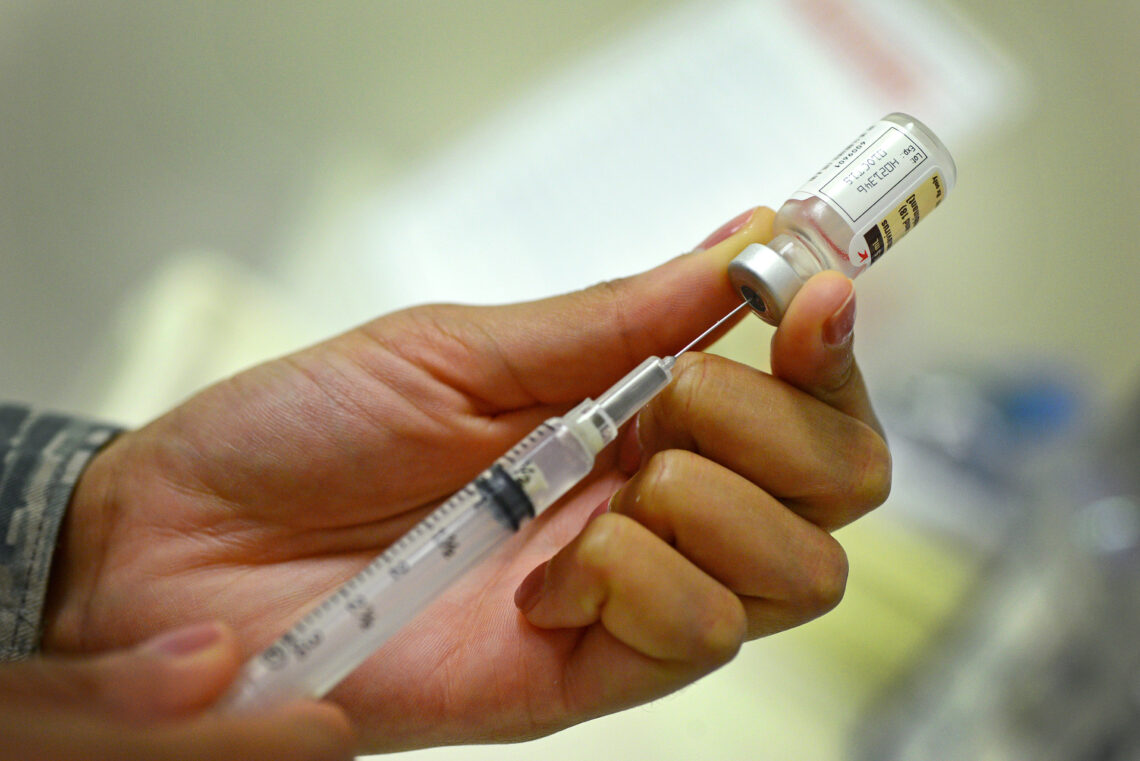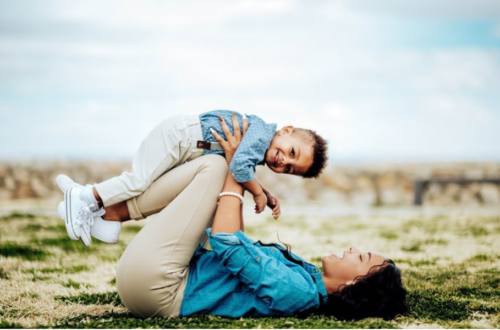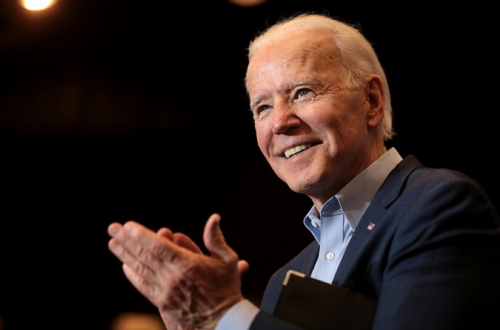It’s 2019: The year of the comeback. Many long-forgotten things have been on the rise again, including scrunchies, The Lion King, and now, measles. With the Center for Disease Control and Prevention (CDC) logging 314 individual cases of measles this year, it seems that preventable diseases have earned a spot on the “trends to watch” list.
The revival of a seemingly eradicated disease emerged from a growing number of parents refraining from vaccinating their children, primarily due to propaganda linking vaccinations to autism.
While multiple studies have debunked that theory, the misinformation continues to spread, mostly through social media sites such as Facebook.
Without legislation denoting mandatory vaccinations, the responsibility to vaccinate a child falls solely on the parents. And while it is important not to infringe on the rights of the parents, it should also be noted that there is a larger public health concern at play here.
With measles outbreaks popping up across the U.S., many wonder where the next outbreak will occur, and how it can be prevented.
In the state of Florida, the answer is not clear. While vaccinations are required for a child to attend school in Florida, there are a few cracks in the system. Vaccination exemptions are allowed, and can be granted to children whose parent fills out a form citing religious reasons.
Temporary immunization exemptions (for up to 30 days) are also eligible for students in juvenile justice programs, homeless children, transfer students, and children of military families.
Additionally, there is the issue of homeschooled children. The Coalition for Responsible Home Education reports that in the state of Florida, homeschooled students are technically enrolled in a “home education program,” not a school, and therefore do not need to be vaccinated.
As the number of unvaccinated children grows, so does the likeliness of an outbreak in the area. This past December, four children in Sarasota County contracted measles, after none of them were vaccinated against the disease.
Unvaccinated children are not only a risk to themselves, but also to those who are not able to be vaccinated, such as pregnant women, babies, and people with compromised immune systems.
Some states have already taken legislative action, such as California, which barred religious exemption from vaccinations in 2015. In New York, lawmakers are taking a different approach, proposing a bill that would allow teenagers to get vaccinations without parental consent.
This is in-part prompted by Ethan Lindenberger’s testimony before Congress earlier this month, in which the Ohio teenager shared that he got vaccinated against his mother’s wishes. His testimony brings to light the reality of how anti-vaccination conspiracies can affect a household.
In Florida, a broader reality is faced. This social media movement has taken roots, and we might not be prepared for its ramifications. Whether it be through mandatory vaccinations, or increased rights for minors, one thing remains clear: without new legislation, Floridians remain powerless in the face of this disease making an unfortunate comeback.
The Measles vaccine. (Public Domain photo by Airman 1st Class Matthew Lotz via the U.S. Air Force.)





